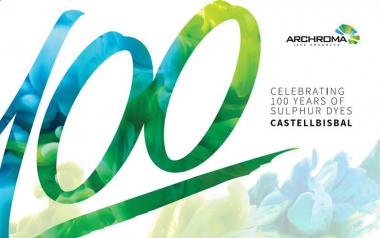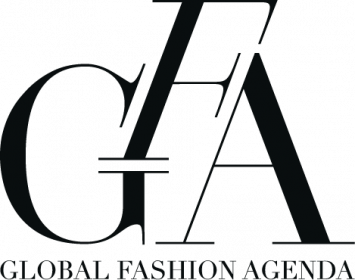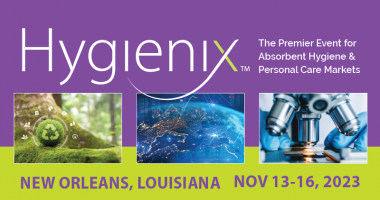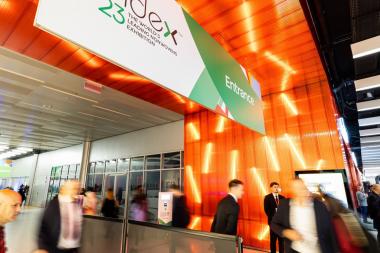Archroma celebrates Century of Sulfur Dye Innovation
Archroma celebrated 100 years of sulfur dye innovation at its manufacturing and research hub in Castellbisbal, near Barcelona in Spain.
The milestone was marked at an on-site ceremony attended by more than 250 guests, including authorities from the Catalan government, senior Archroma leaders from Spain and overseas, current and former staff, key customers and suppliers and other important stakeholders.
The Castellbisbal site traces its roots back to 1921, when Joan Cardoner Vidal founded a dye manufacturing company that was eventually bought by Sandoz, which was subsequently acquired by Clariant, and later, SK Capital to create Archroma. Its breakthroughs have helped sulfur dyeing technology become a staple in the production of denim, casual wear and workwear fabrics over the past 100 years, with excellent color fastness and cost-efficiency.
Home to a leading research center that has contributed numerous innovations, Castellbisbal is particularly known for the creation of Archroma’s DIRESUL® RDT range in the 1980’s, which entered the market as the first low sulfide pre-reduced sulfur dyes.
Recently, Archroma developed the cutting-edge DIRESUL® EVOLUTION BLACK which enables a significant impact reduction in the dye synthesis, allowing for the creation of new black denim styles.
Among patented technologies from the Castellbisbal-based research team are the DIRESUL® EarthColors and FiberColors dyes, which use waste from the food and textile industries respectively as raw materials. These revolutionary innovations manufactured at Castellbisbal for customers, brands and retailers, help to advance circularity in the textile industry.
Archroma






























